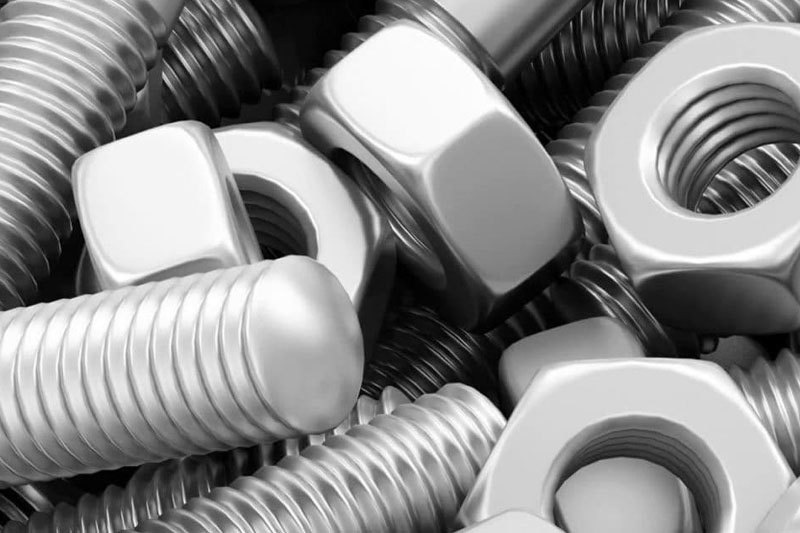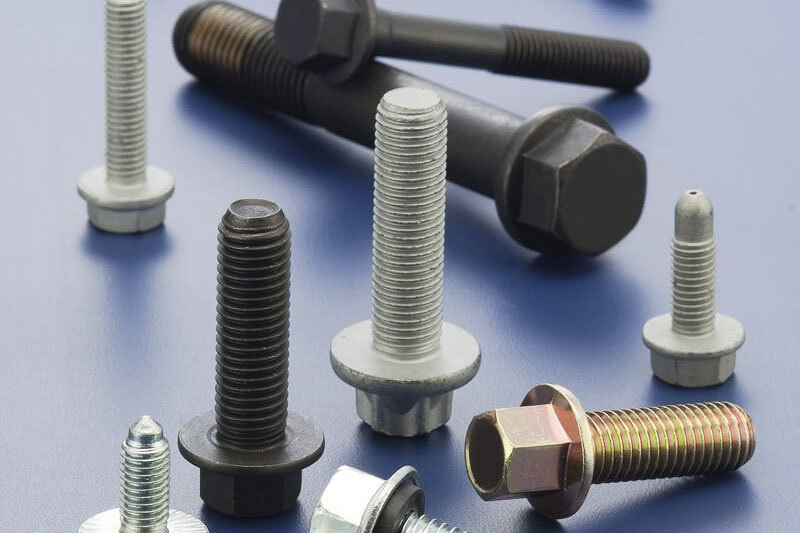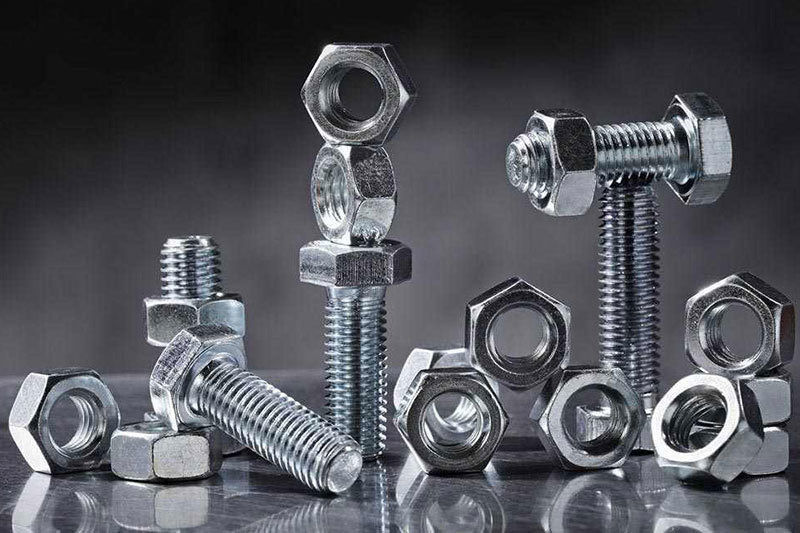The Art and Science of Metal Finishing: How It Works
What is Metal Finishing?
Hey there! If you've ever marveled at the shiny surface of a car or the sleek finish of your favorite kitchen appliances, you've encountered the wonders of Metal Finishing. Simply put, it's a process that enhances the appearance and performance of metal surfaces. But wait, there's more! Metal finishing also plays a critical role in protecting these surfaces from corrosion and wear.
Why Metal Finishing Matters
Now, you might be wondering, "What’s the big deal?" Well, let me tell you, Metal Finishing is like icing on the cake! It not only beautifies but also boosts the longevity and usability of metal products. From automotive parts to aerospace components, Metal Finishing ensures durability and functionality.
The Different Techniques
There are several methods to achieve that perfect finish. Here’s a quick rundown:
- Electroplating: This technique involves depositing a layer of metal onto the surface. Think of it as giving your metal item a shiny new coat!
- Powder Coating: A dry powder is applied and then heated to form a tough, protective finish. It's like a superhero cape for your metal!
- Sandblasting: This process uses high-velocity sand to clean and smooth surfaces. It’s like getting a facial, but for metals!
- Polishing: It’s all about that shine! Polishing removes imperfections to create a reflective surface.
How Does It Work?
So, what’s the nitty-gritty behind Metal Finishing? The process typically involves several steps:
- Preparation: Before anything, the metal surface must be cleaned and prepped. Think of it like preparing a canvas before painting.
- Application: Depending on the chosen technique, this is where the magic happens! Whether it’s applying a coating or polishing, this step is crucial.
- Curing: For methods like powder coating, the item is cured to set the finish. It’s like putting it in the oven to bake!
- Quality Control: Finally, every piece goes through a quality check. No one wants a subpar finish on their prized possession!
The Benefits of Metal Finishing
Here’s the scoop: Metal Finishing isn’t just about looks; it comes with a slew of benefits:
- Corrosion Resistance: A well-finished metal piece can withstand the elements, prolonging its life.
- Aesthetics: Let’s face it, a shiny, polished surface is always more appealing!
- Enhanced Performance: A good finish can improve the performance of mechanical parts, making them work better.
- Cost-Effectiveness: Investing in Metal Finishing can save money long-term by reducing maintenance and replacement costs.
Conclusion: The Bottom Line
In the grand scheme of manufacturing, Metal Finishing is an unsung hero. It’s not just about aesthetics; it’s about functionality, durability, and value. So, next time you admire a shiny metal surface, you’ll know that there’s a whole lot of science behind that gleam!
TAG:
Related Posts
Application of fasteners in the automotive industry
What is the difference between a hex nut and a Nyloc nut
Is there a reason why the flange bolts are mounted with the bolt heads in one direction
Materials and Manufacturing Processes of Automobile Fasteners











